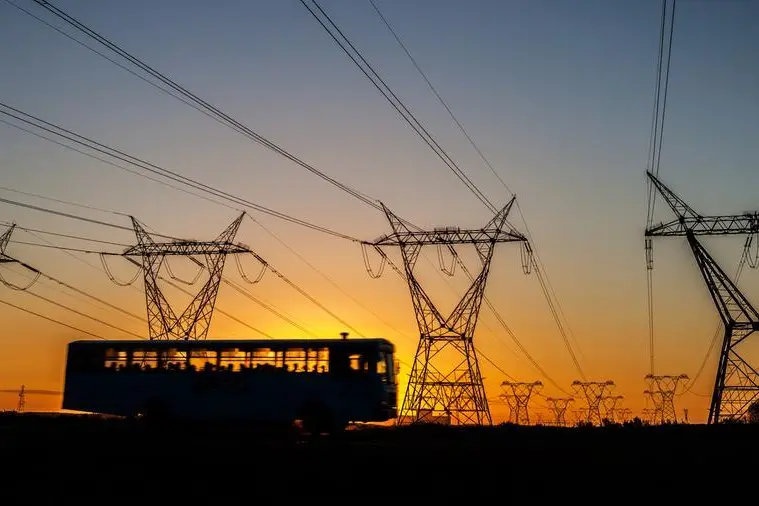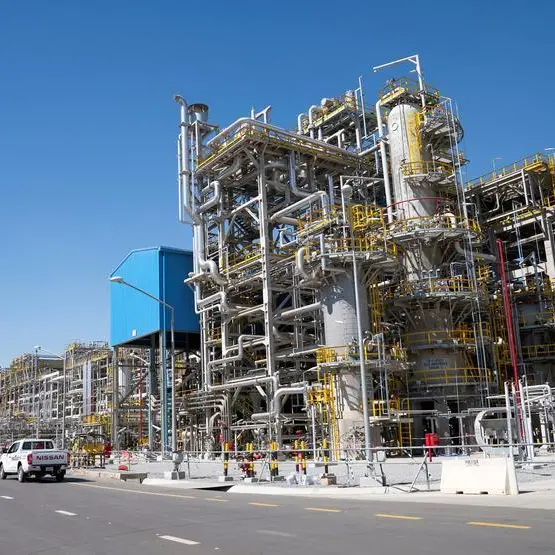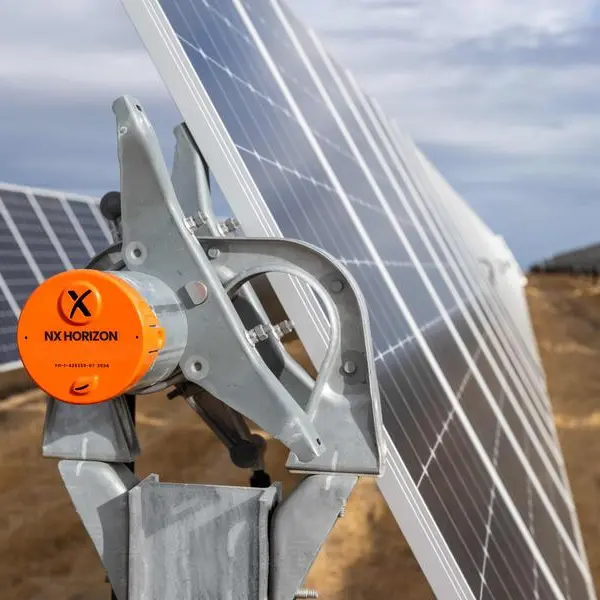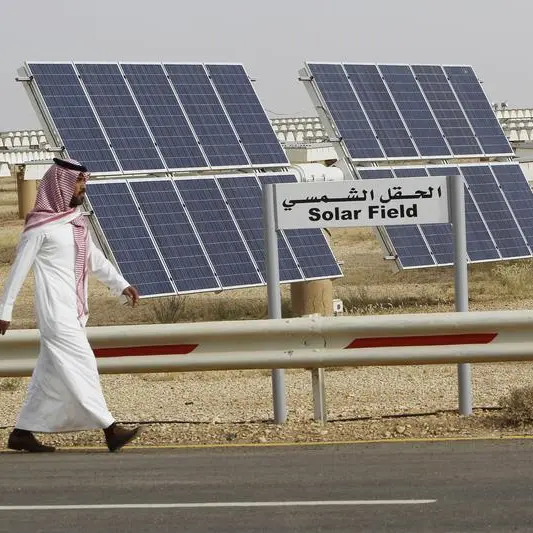PHOTO
African countries were among the highest scoring countries with Uganda topping at 95 percent score in the maiden Global Electricity Regulatory Index (GERI) launched last week by the World Bank and African Development Bank Group.
The MENA region comprising 11 countries scored 55 percent against the average global GERI score of 59 percent indicating an intermediate stage of power sector regulations development with room for improvement.
“While a lot of progress has been made with the establishment of regulatory frameworks, the GERI report highlights some systematic gaps, particularly with regard to regulatory independence and the practice of tariff regulation,” said Vivien Foster, World Bank Chief Economist for Infrastructure speaking at the launch event.
The first edition of the GERI report covers 82 non-OECD countries from across the globe—about half from Sub-Saharan Africa and the other half from across Asia, Europe, the Middle East and Latin America.
The GERI assesses the level of development of legal frameworks, decision-making processes, and economic and technical regulations in the electricity sector of countries worldwide and assists countries to benchmark their performance against global peers and track progress made in regulatory governance reforms in the electricity sector.
The African Development Bank Group also launched the fifth edition of its flagship Electricity Regulatory Index for Africa (ERI) at the event. The ERI measures the level of development of electricity sector regulatory frameworks in African countries and the capacity of regulatory authorities to effectively carry out their relevant functions and duties. The report covers 43 of the 45 African countries with confirmed regulatory authorities.
Although still at a low level of development, the average score for the ERI 2022 has improved slightly to 0.495 compared to 0.456 in 2021, showing that most countries have continued to strengthen their regulatory governance structures and have recorded improvements in technical regulation to enhance regulatory capacity.
Financial performance is the weakest dimension of the Return on Investment (ROI), with an average score of 0.396, according to a presentation made at the event. However, in 2022, ROI recorded the biggest improvement at 17 percent over the average score of 2021.
“This is attributed to actions taken by the regulators and utilities to improve the financial performance of the utilities by focussing on improvements in tariff methodologies and utility financial performance.”
“Sixteen countries developed and implemented regulatory instruments - mainly utility related involving tariffs, quality-of-service, and loss reduction among others - that impacted ROI,” the report said.
81 percent of the countries surveyed showed a lack of full independence of the regulatory authorities.
Among other findings, the ERI highlights that, 30 of the 45 African countries have either amended their regulatory laws and instruments or have enacted new ones, addressing weaknesses that were identified through the ERI.
Many countries have also enacted various reforms and developed codes and regulatory tools to strengthen the level of regulation in their countries.
Speaking at the launch event, Mumba Ngulube, ETC, Infrastructure Economist at the World Bank said, “wind and solar resources remain untapped in Africa despite becoming commercially viable due to missing regulatory frameworks and sector reforms to attract private participation especially in rural off grid green electrification.”
(Reporting by Sowmya Sundar; Editing by Anoop Menon)





















